Day: January 18, 2024
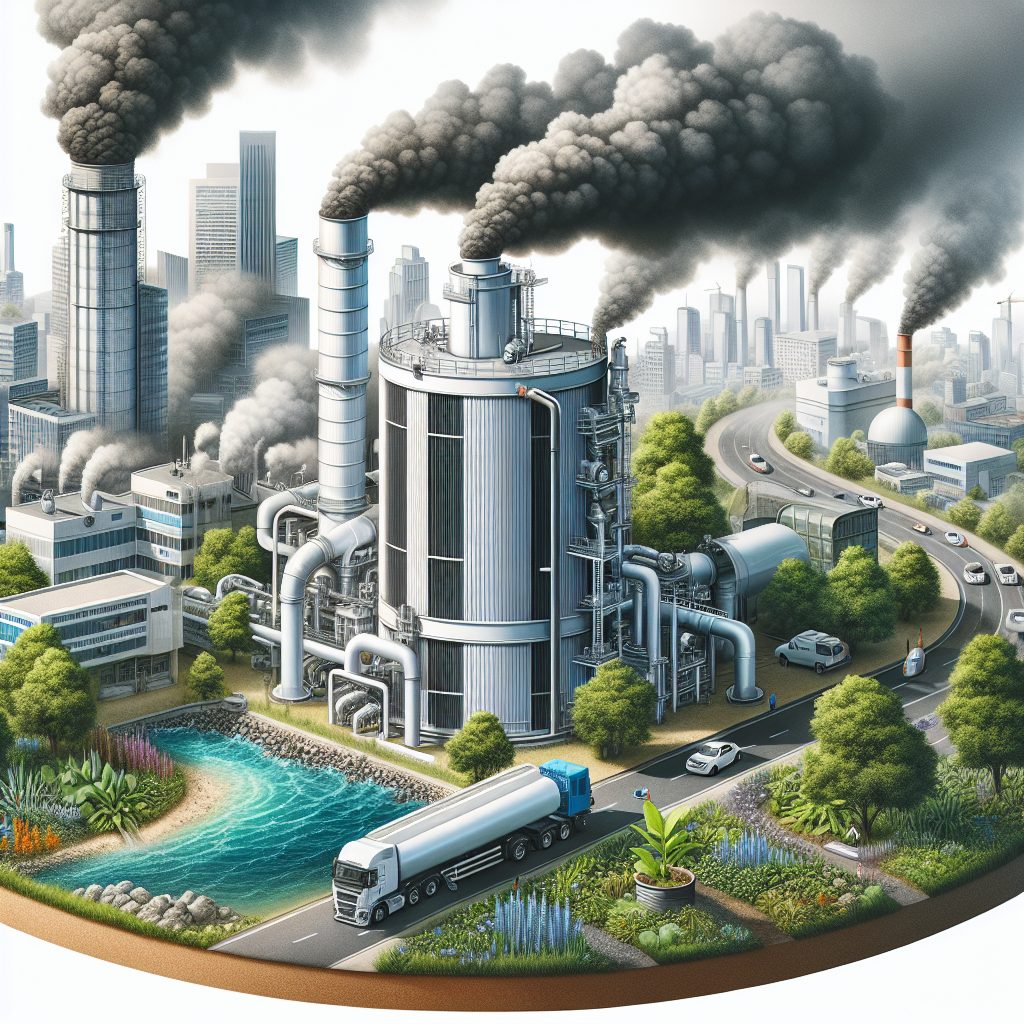
Polluted Air Remedies
Polluted air has become an increasingly important problem for countless communities around the world. Air pollutants are tiny particles from burning fossil fuels that are hazardous to human health, yet even worse than the direct health effects of air pollutants, is the dramatic economic burden it causes. Consequently, numerous measures…
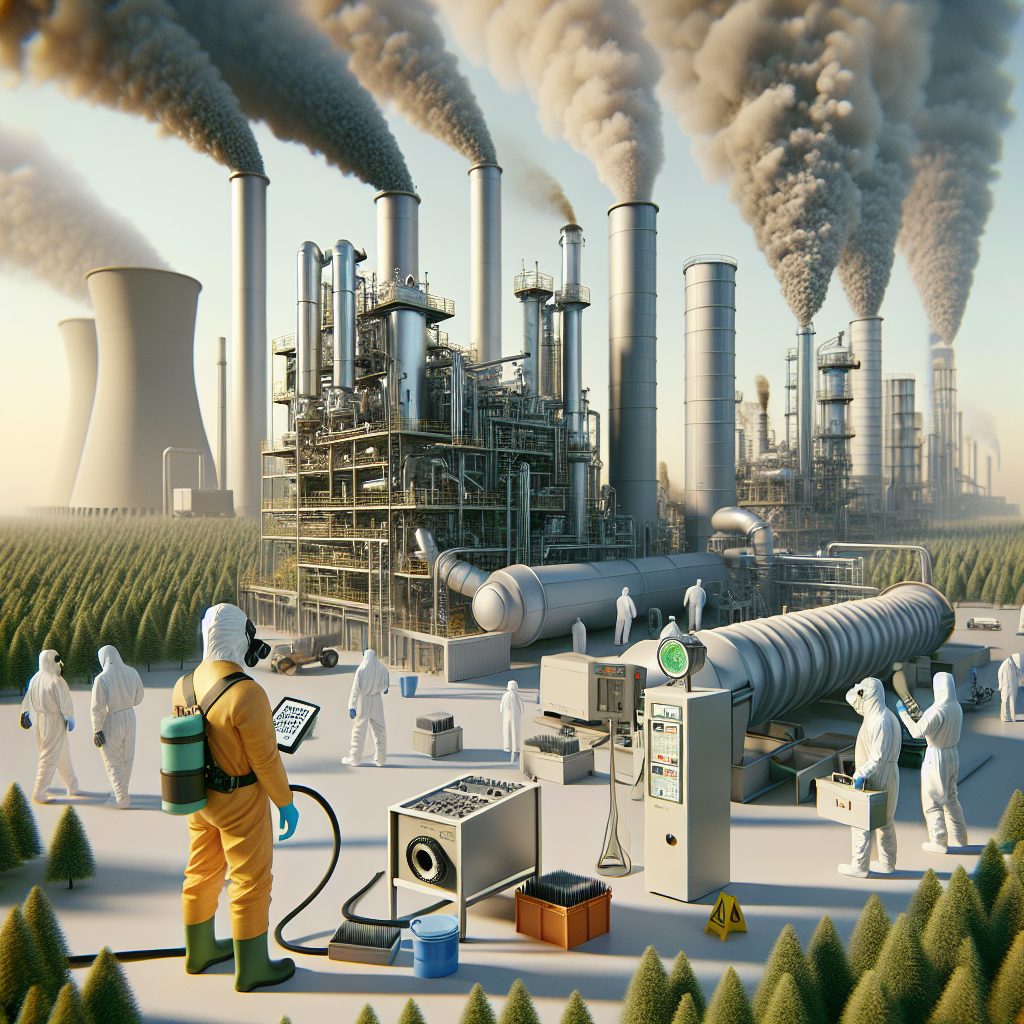
Particulate Matter Management
Particulate matter management refers to the analysis and mitigation of the generation, transport, and accumulation of airborne particles, including dust, smoke, and vapor. These particles are usually created by industrial, commercial, and residential sources. Particulate matter management often requires that local governments and businesses develop strategies to reduce particle emissions.…

Sustainable Transportation
Sustainable transportation is the process of providing safe and effective transportation services with minimal impact on the environment. It is a type of transportation which pays attention to the existing resources and plans for efficient usage of resources. This includes the usage of renewable and non-renewable sources, as well as…
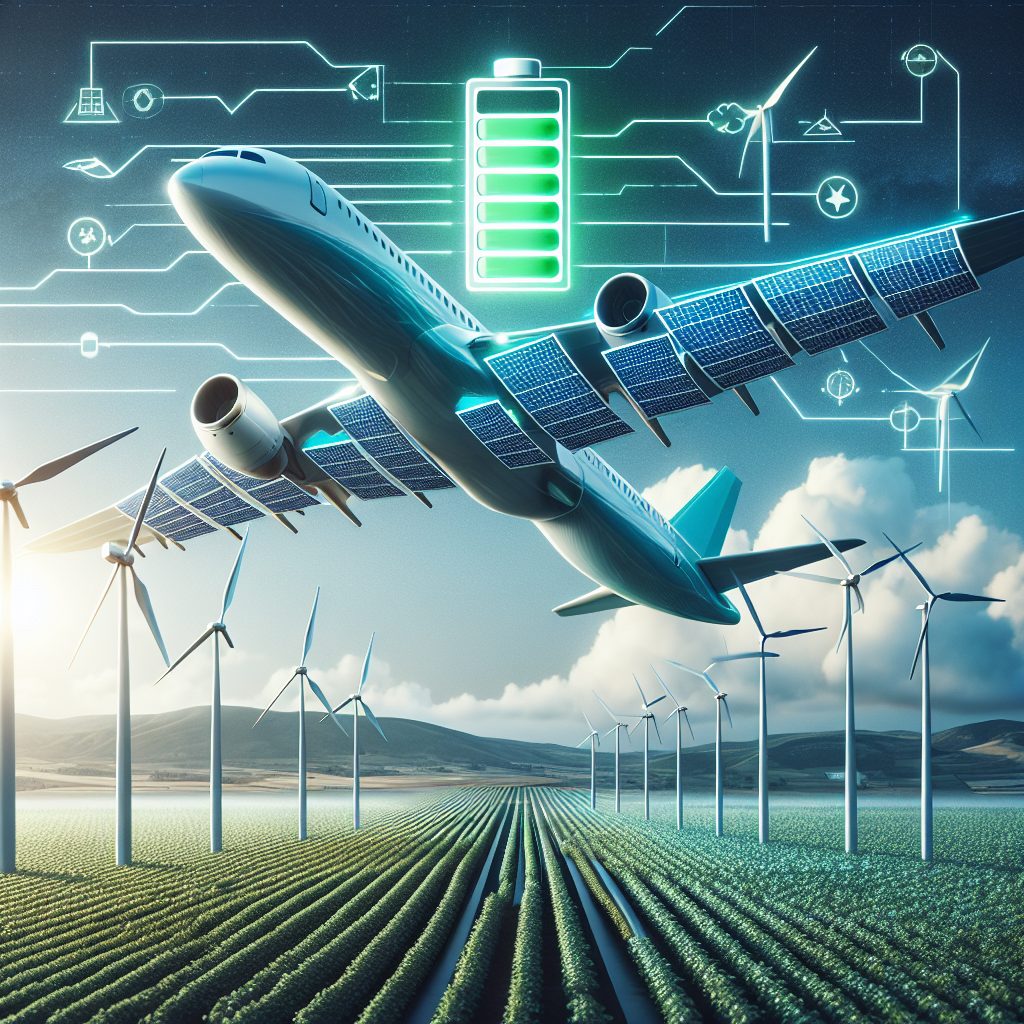
Sustainable Aviation
Sustainable aviation is an umbrella term that encompasses the range of actions taken by the aviation industry to reduce its environmental impact and ensure viability in the future. It includes the development of more efficient airplanes, the use of alternative fuels or power sources, reducing emissions from air traffic, and…
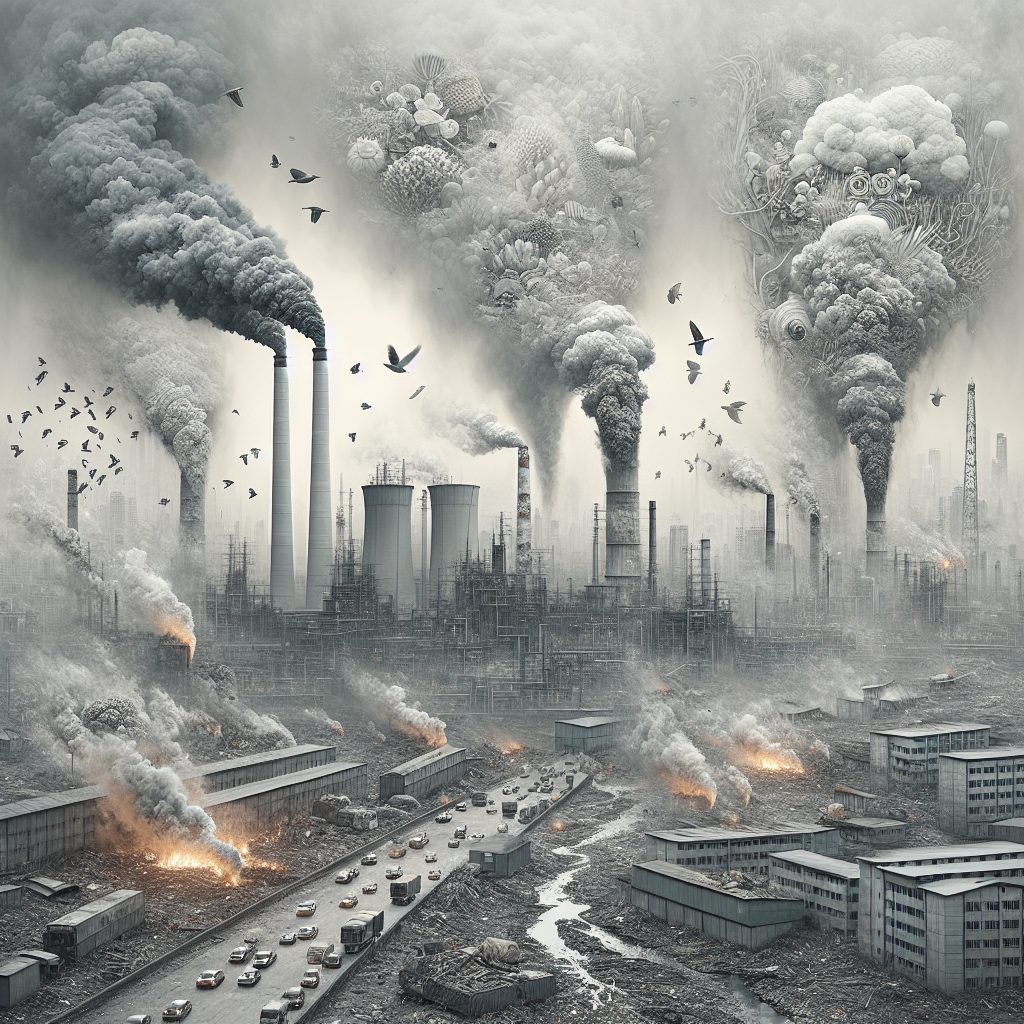
Atmospheric Contamination
Atmospheric contamination is the presence of pollutants or other substances in the air which can have harmful effects on humanity, animals, and the environment. Examples of atmospheric contaminants include ozone, sulfur dioxide, and nitrogen oxides which can damage crops and vegetation, and cause respiratory problems in humans. The global increase…
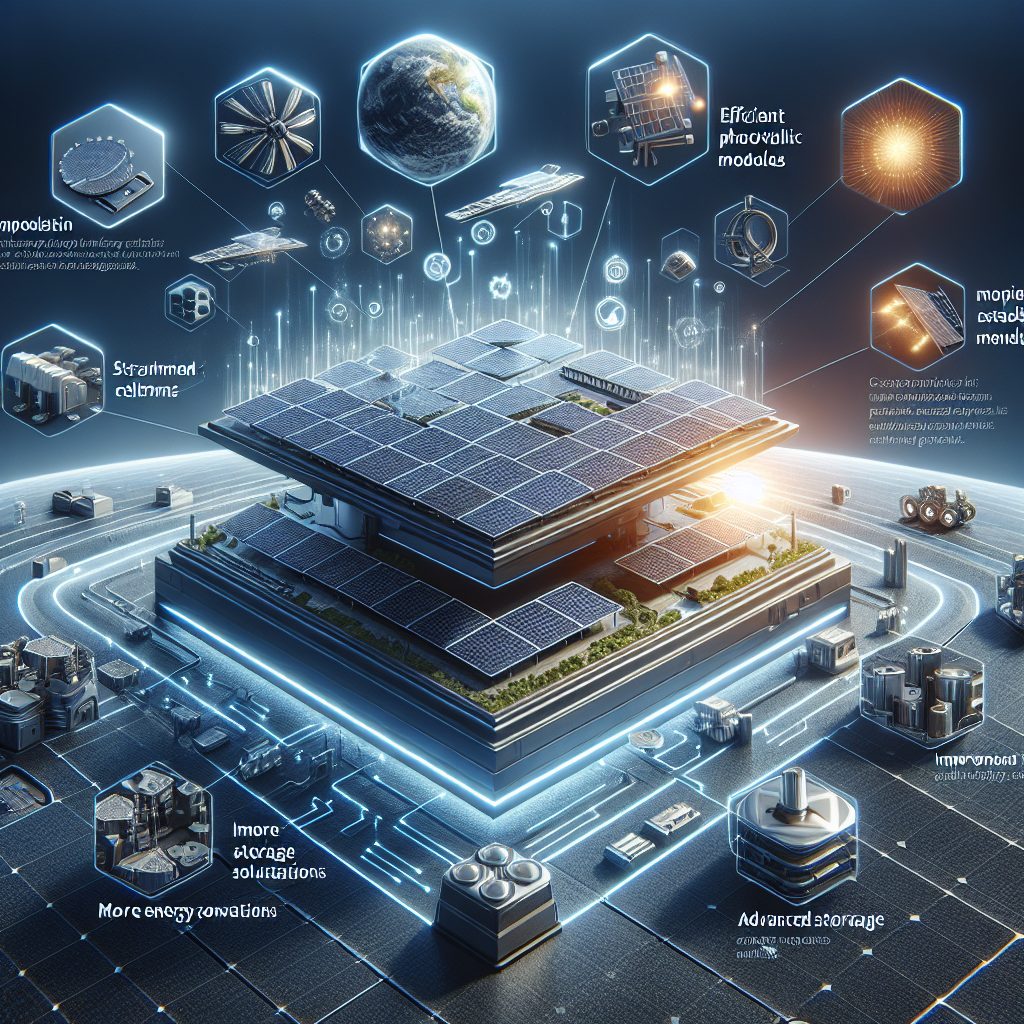
Innovations in Solar Panels
Innovations in solar panels are making renewable energy more accessible across the globe. Solar panels use photovoltaic cells to convert sunlight into electricity. This makes them an excellent source of renewable energy since they do not emit any toxins or particulate matter into the atmosphere. In recent years, there have…
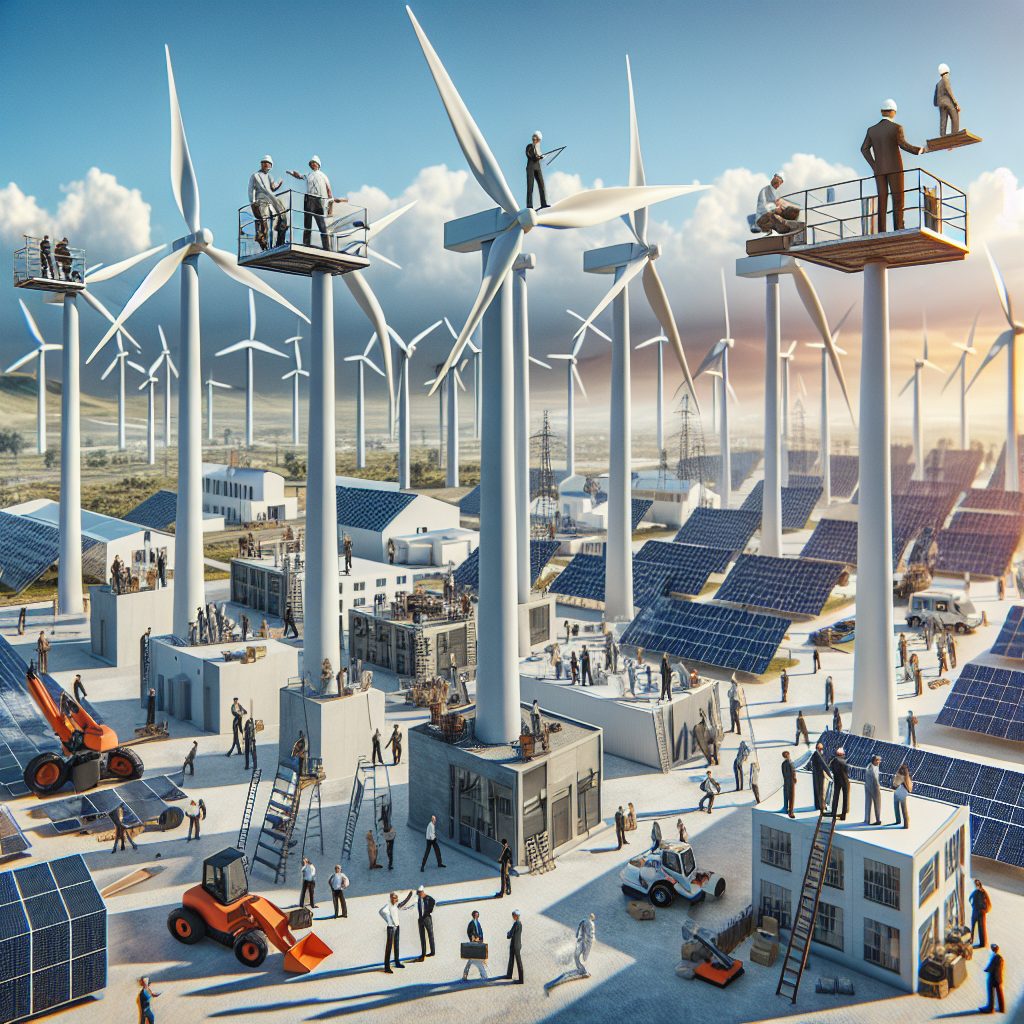
Clean Energy and Job Creation
Clean energy is an emerging field of research and development for renewable energy sources such as solar, wind, hydropower, and geothermal energy. With the rise in renewable energy utilization, job creation is following suit and will continue to do so as advances in technological capabilities open up even more options.…
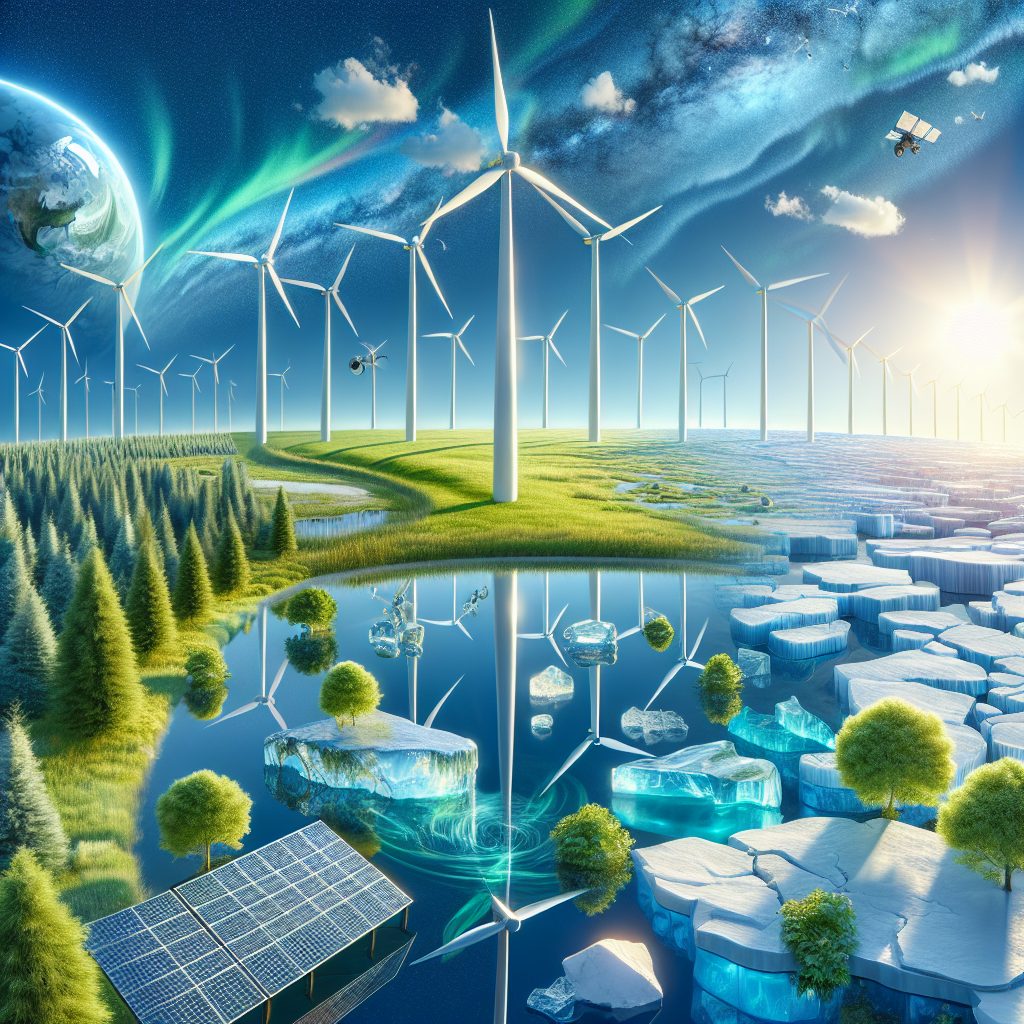
Clean Energy and Climate Change
Clean energy and climate change are two interconnected terms that go hand in hand when referring to the future of our planet. Clean energy consists of renewable sources that produce no long-term negative environmental impacts on the Earth’s climate and has become the main goal for developing efficient and responsible…
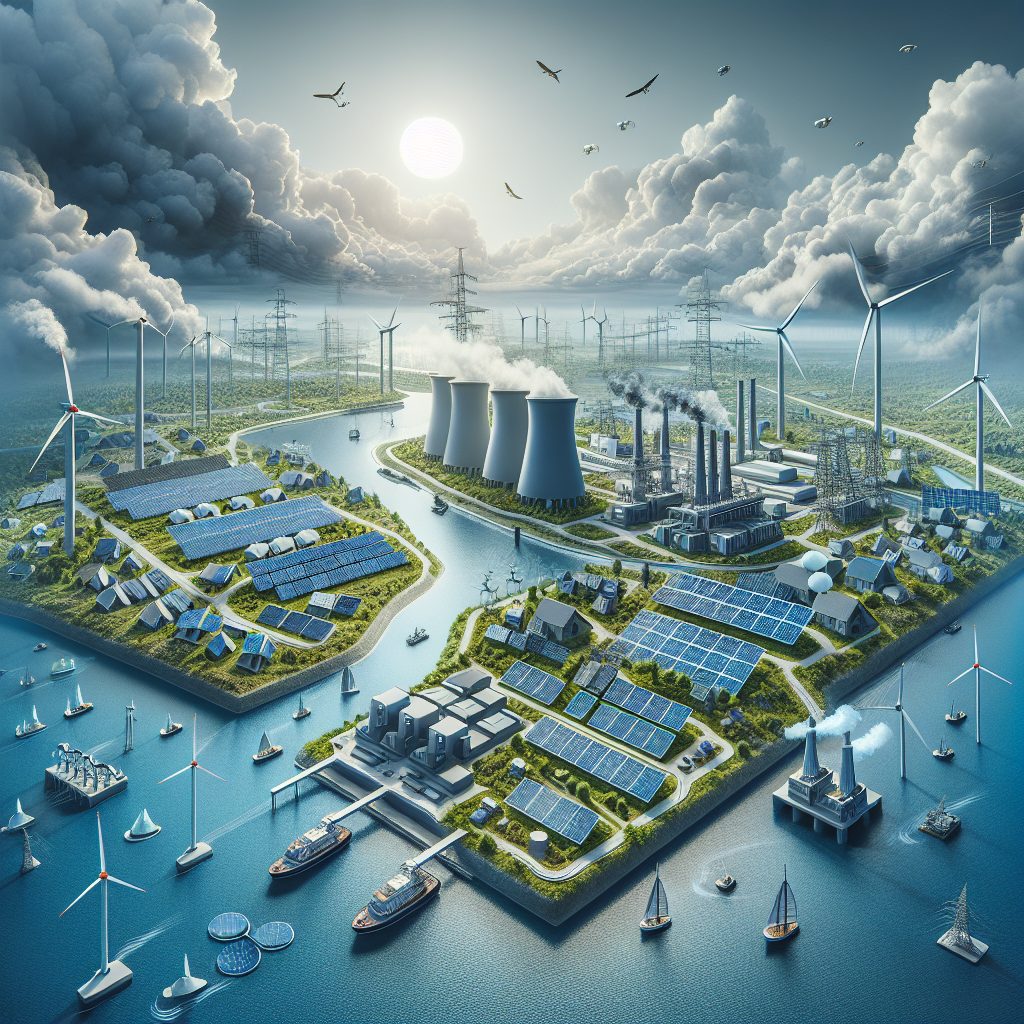
Decentralized Energy Systems
Decentralized energy systems are gaining momentum in the energy sector. These systems enable energy production and storage to take place at or near the final point of use, providing energy users with greater control and independence over their energy consumption patterns. This geographical decentralization helps create more local energy solutions,…
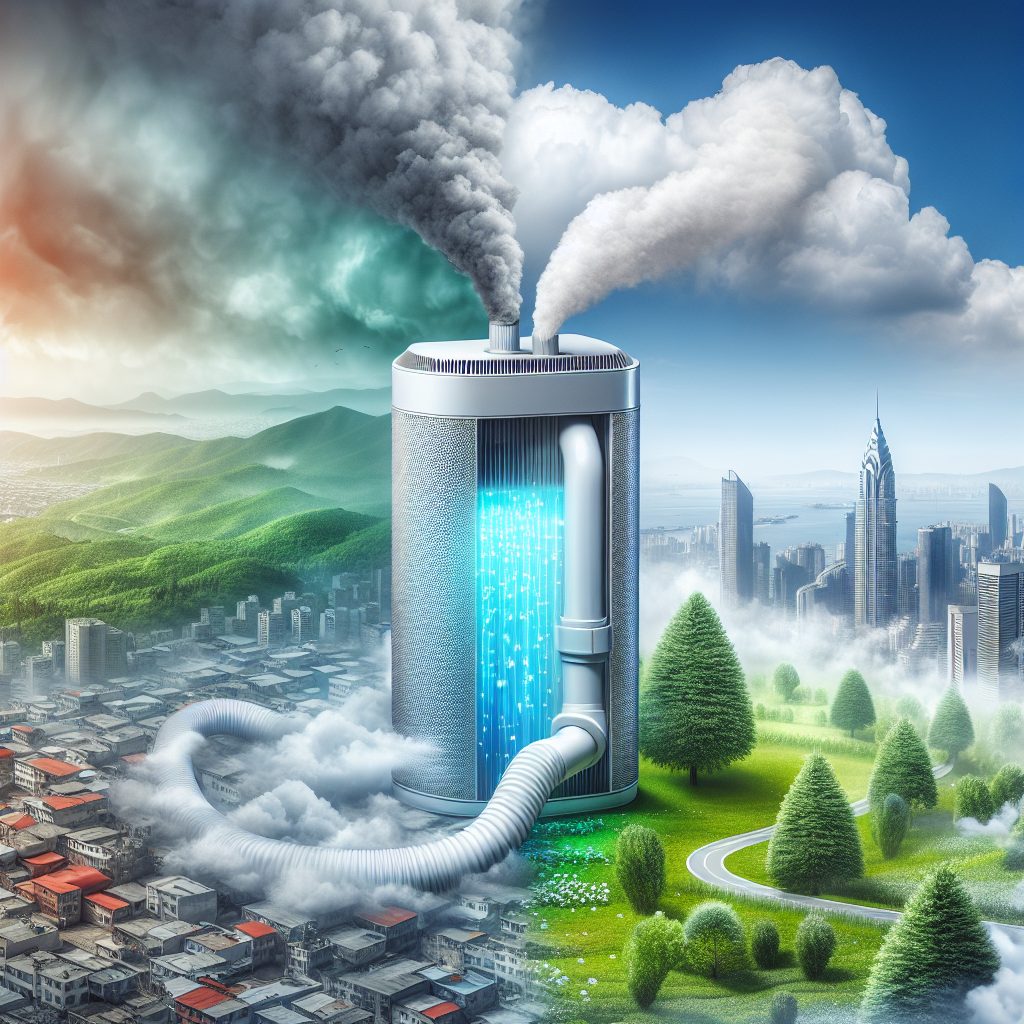
Smog Reduction
Smog is a complex mixture of pollutants that can arise from natural sources such as fires and volcanic activity, but is most commonly associated with emissions from vehicle and industry exhaust, as well as fuel burning for heating and cooking. Pollutants in smog includes ground-level ozone, nitrogen oxides, sulfur dioxide,…
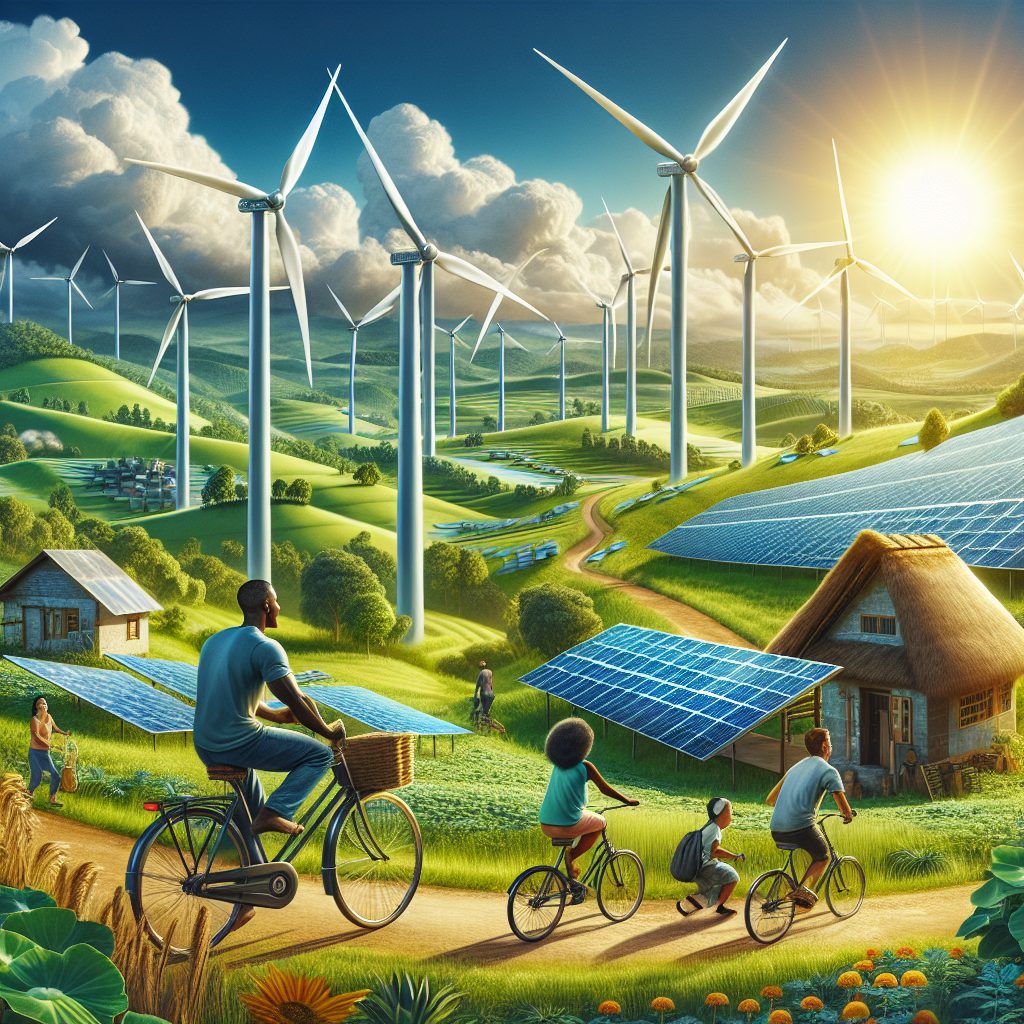
Clean Energy for Developing Countries
In recent years, clean energy, such as solar and wind power, has been increasingly recognized as a viable, sustainable energy solution for developing countries. Clean energy sources have the potential to drastically improve access to electricity in these areas, which can help promote economic growth, educational opportunities, healthcare services, and…
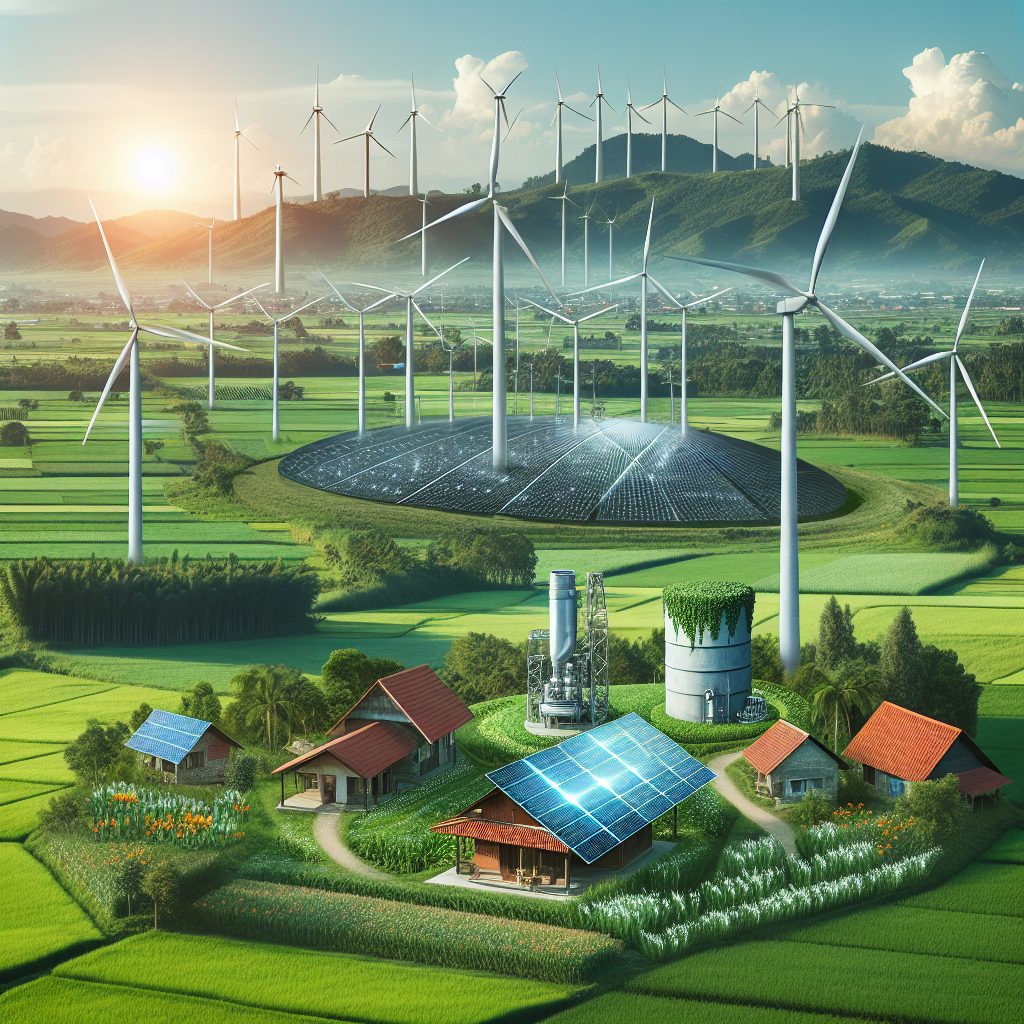
Clean Energy for Rural Communities
As the world moves towards a cleaner, more sustainable energy future, rural communities are at the forefront of this effort. Clean energy has become an increasingly important topic in rural areas, as these communities often lack access to traditional electricity grids and must find ways to generate electricity from renewable…
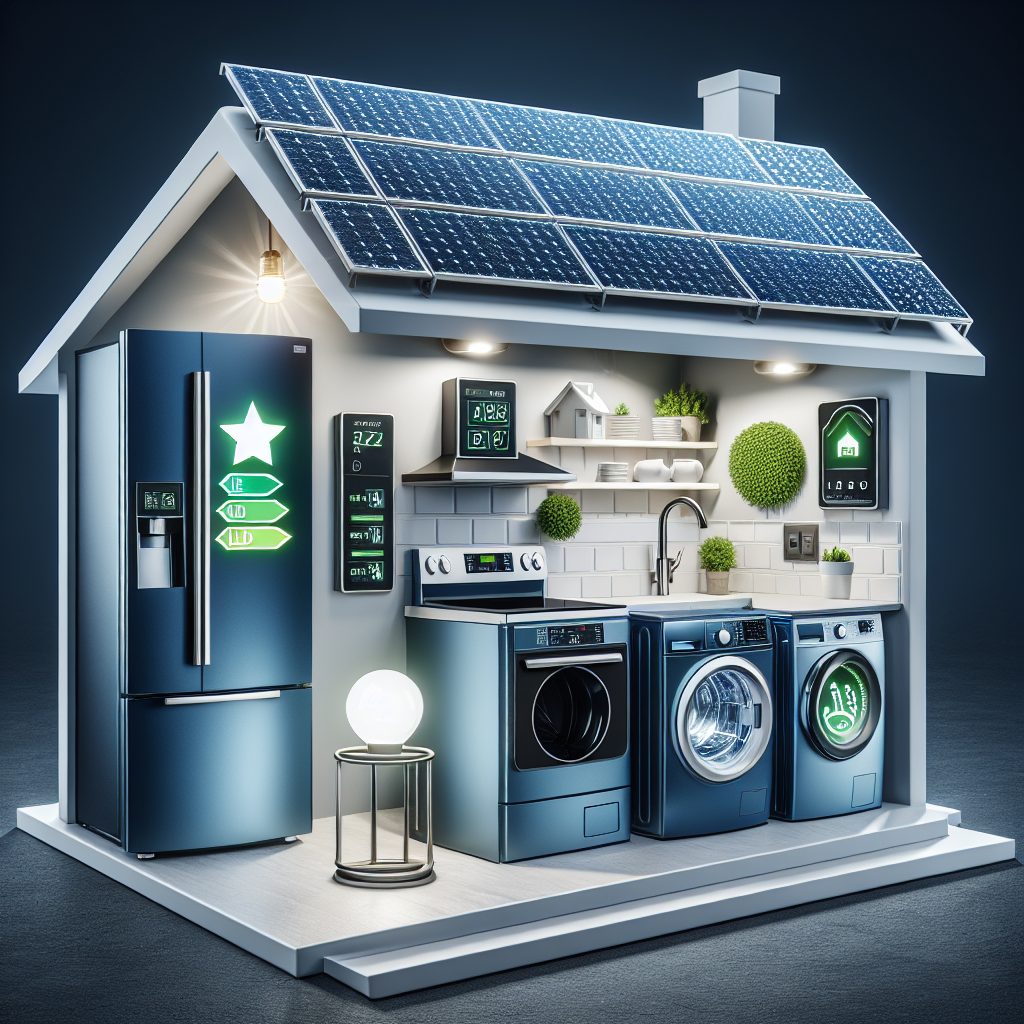
Energy-Efficient Appliances
Energy-efficient appliances are one of the best ways to reduce household energy consumption. Such appliances use a fraction of the energy as compared to conventional appliances, and can save money on energy costs. These appliances often employ innovative technology or energy-efficient components which enable them to use significantly less energy…
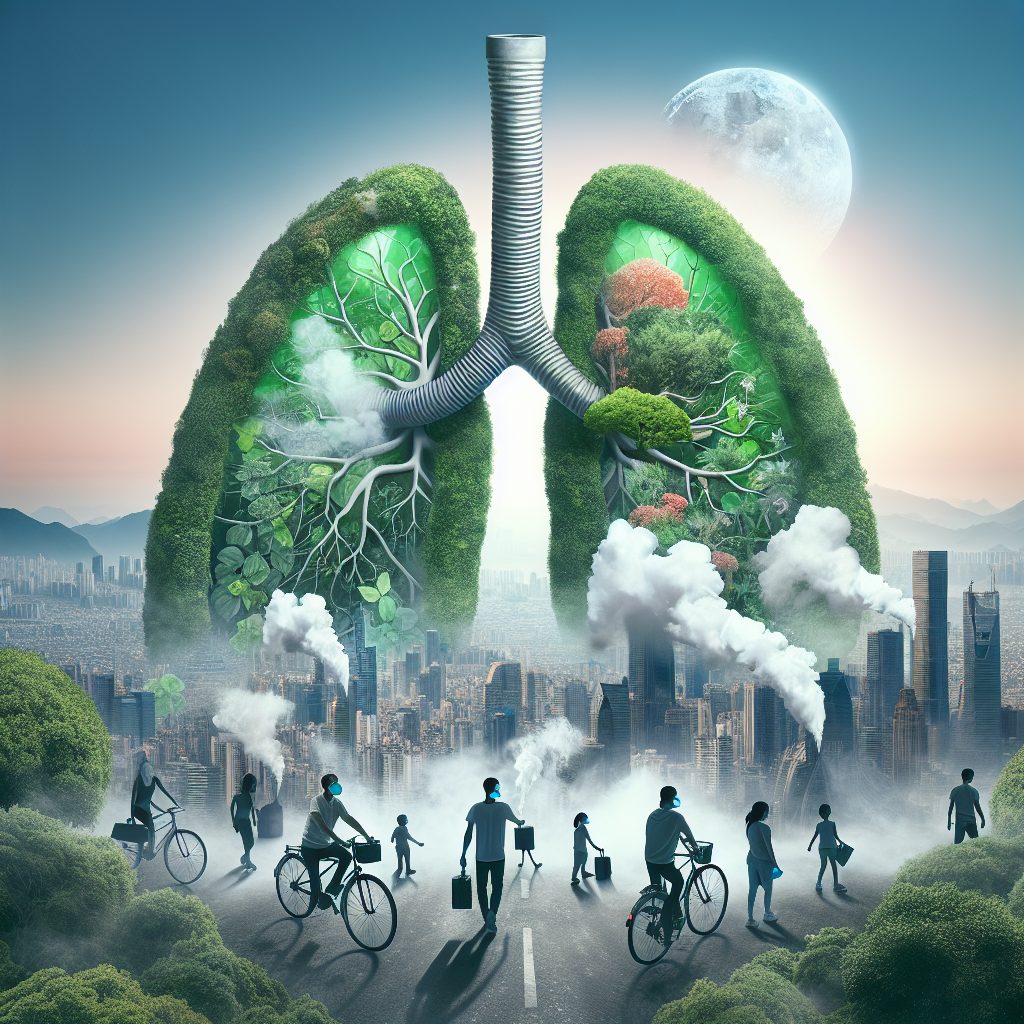
Respiratory Health and Pollution
Respiratory health and pollution are connected in a myriad of ways. Pollution of the environment by various sources such as emissions from factories and cars can have a significant impact on the health of the respiratory tract. Air pollution, in particular, can be responsible for causing numerous respiratory diseases such…
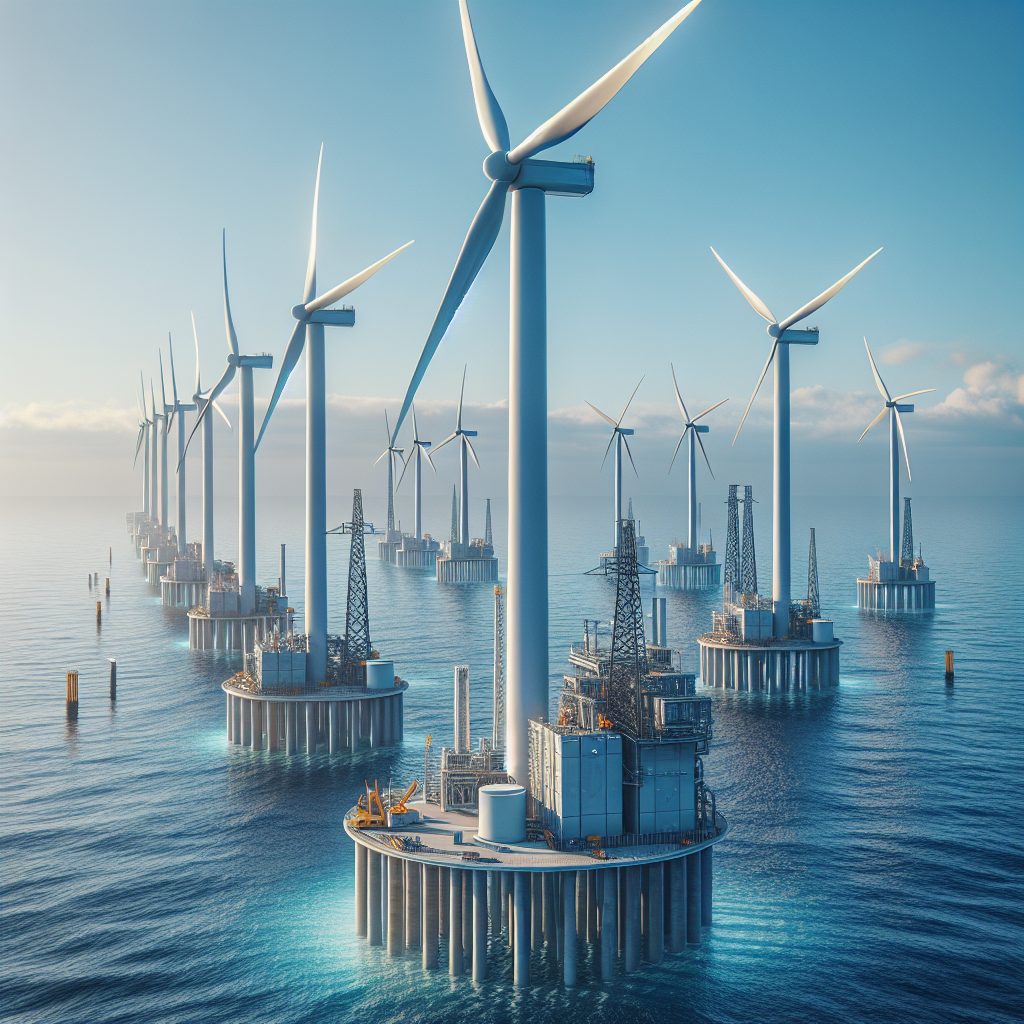
Offshore Wind Farms
Offshore Wind Farms are wind turbines located in bodies of water rather than on land. They are used to harness the power of the wind to generate electricity. These wind turbines typically have a turbine weight of 3-5 megawatts and can produce up to 10 megawatts. Offshore wind farms offer…
